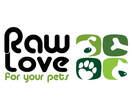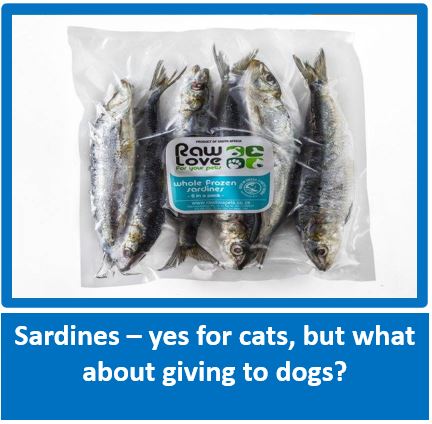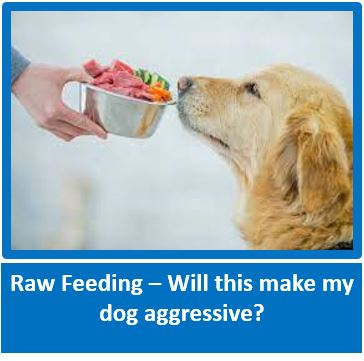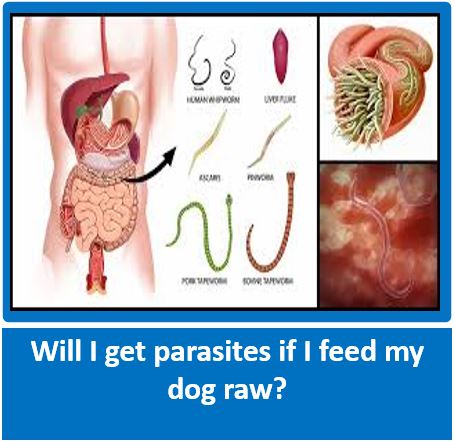
At Raw Love for Pets, our food is of the highest quality – the protein in our food is all free-range, and we are registered with the Dept of Health. We get the veggies, fruit & supplements from the same shops & farms where we buy our own supplies, including health shops and organic outlets – as an extra bonus for your dog, we use the fermentation process on veggies and fruit to make them more like a dog would eat in the wild. Raw diet improves the immune system and also assists with multiple health challenges, including allergies, dry & itchy skin, digestive problems, obesity, constipation and many more conditions. Available in Gauteng, Cape Town and surrounds and KZN.
Do have a look at our website at www.rawlovepets.co.za and contact us if you have any questions.
Do have a look at our website at www.rawlovepets.co.za and contact us if you have any questions.
Many of us know that Kefir as a healthy, fermented food, similar to drinkable yogurt, and is known to assist our immune system, digestive health, plus several other benefits - however, not many of us know if Kefir can help our dogs as well.
Kefir originates from the Caucasus Mountains and while similar in appearance to regular yoghurt, has much more to offer. These dairy or water-based grains have a multitude of vitamins and minerals. They provide a wide variety of probiotic organisms and have awesome healing qualities.
Kefir is classified as a Functional Food, defined as:
“Foods that have a potentially positive effect on health beyond basic nutrition.
They promote optimal health and help reduce the risk of disease.”
Kefir contains several major strains of friendly bacteria not commonly found in yoghurt such as Lactobacillus Caucasus, Leuconostoc, Acetobacter species, and Streptococcus species. It also contains beneficial yeasts, such as Saccharomyces kefir and Torula kefir, which control and eliminate destructive pathogenic yeasts in the body. Unlike yoghurt that passes through the system, kefir actually colonises in the digestive tract and can therefore maintain a healthy state with regular dosages.
Typically one tablespoon of kefir contains 5 billion beneficial bacteria!
In a nutshell, most of your pets’ good bacteria (read immune system), is contained within the digestive system, that is, stomach, intestines, colon. If we can get that system healthy, it kick starts the immune system to do the work that it should be doing, which is of course, to fight disease.
Kefir health benefits are vast – all due to the 30 different strains of good bacteria and yeast present in the grains. The bulk of those grains are a combination of insoluble protein, amino acids, lipids and complex sugars. Also rich in B complex vitamins such as Vitamin B1, B12, as well as Vitamin A, Vitamin D, Vitamin K and biotin. The main minerals present in kefir tend to be calcium, phosphorus and magnesium.
Some benefits of kefir:
DOSAGE:
As with most things in life, good principles to follow are: variation, moderation and balance. Kefir is very safe. This is not to say that some people or pets don’t react to kefir, especially when first trying it. When introducing kefir to your pets, remember to always go slow. Give your pet’s system time to adjust. For the first few days to a week try half the recommended dosages. This will avoid digestive upset as your pet’s system adjusts to the increase of good flora in their GI tract.
Recommended Minimum Daily Intake of Kefir:
Small dogs & cats: 1 teaspoon – 1 tablespoon
Medium dogs: 1 – 2 tablespoons
Large dogs: 2 – 3 tablespoons
Kefir originates from the Caucasus Mountains and while similar in appearance to regular yoghurt, has much more to offer. These dairy or water-based grains have a multitude of vitamins and minerals. They provide a wide variety of probiotic organisms and have awesome healing qualities.
Kefir is classified as a Functional Food, defined as:
“Foods that have a potentially positive effect on health beyond basic nutrition.
They promote optimal health and help reduce the risk of disease.”
Kefir contains several major strains of friendly bacteria not commonly found in yoghurt such as Lactobacillus Caucasus, Leuconostoc, Acetobacter species, and Streptococcus species. It also contains beneficial yeasts, such as Saccharomyces kefir and Torula kefir, which control and eliminate destructive pathogenic yeasts in the body. Unlike yoghurt that passes through the system, kefir actually colonises in the digestive tract and can therefore maintain a healthy state with regular dosages.
Typically one tablespoon of kefir contains 5 billion beneficial bacteria!
In a nutshell, most of your pets’ good bacteria (read immune system), is contained within the digestive system, that is, stomach, intestines, colon. If we can get that system healthy, it kick starts the immune system to do the work that it should be doing, which is of course, to fight disease.
Kefir health benefits are vast – all due to the 30 different strains of good bacteria and yeast present in the grains. The bulk of those grains are a combination of insoluble protein, amino acids, lipids and complex sugars. Also rich in B complex vitamins such as Vitamin B1, B12, as well as Vitamin A, Vitamin D, Vitamin K and biotin. The main minerals present in kefir tend to be calcium, phosphorus and magnesium.
Some benefits of kefir:
- Helps prevents illness and allergies.
- Is easily digestible (suitable for those who are lactose intolerant as the kefir grains feed on lactose, rendering it practically lactose free).
- Provides natural antibiotic and anti-fungal properties.
- Promotes anti-cancer and anti-tumour activity in the body (stopping the increase of cancerous cells).
- Promotes the faster healing of wounds.
DOSAGE:
As with most things in life, good principles to follow are: variation, moderation and balance. Kefir is very safe. This is not to say that some people or pets don’t react to kefir, especially when first trying it. When introducing kefir to your pets, remember to always go slow. Give your pet’s system time to adjust. For the first few days to a week try half the recommended dosages. This will avoid digestive upset as your pet’s system adjusts to the increase of good flora in their GI tract.
Recommended Minimum Daily Intake of Kefir:
Small dogs & cats: 1 teaspoon – 1 tablespoon
Medium dogs: 1 – 2 tablespoons
Large dogs: 2 – 3 tablespoons




